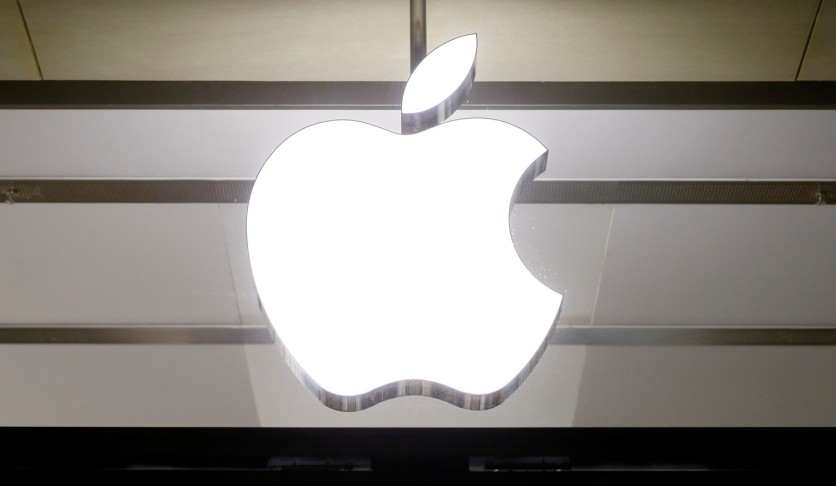Apple vowed to continue blocking any updates in the future for the new email service Hey for iOS because the company said the app violated its terms and conditions and should have never been approved in the first place.
Hey is owned by the software company Basecamp. According to a Tech Radar report, Apple will not allow any updates until the app has complied with its policies surrounding in-app purchases. Similarly, Apple will also refuse any Hey updates on its macOS store until all requirements are met.

The logo of U.S. technology company Apple is seen at a branch office in Basel, Switzerland March 2, 2020.
In a letter sent to Basecamp CEO Jason Fried on June 17, Apple said the Hey app had breached the App Store Guidelines 3.1.1, 3.1.3(a), and 3.1.3(b), which dictate that there are only a few scenarios that an app would allow users to unlock features using non-in-app purchases. None of these apply to Hey.
Hey iOS app, users cannot access the app until they have subscribed through the Basecamp website. Apple demands Basecamp to allow the users to sign up directly via the app, which would qualify Apple for its infamous 30% cut on the subscription fee.
To resolve these violations, Apple urged the company to revise the app allowing subscriptions to purchase within the app or for users to register alternative email accounts with the service. Currently, users are being charged for a year's access to the platform and an email address with @hey.com suffix. It also does not support alternative providers such as Yahoo or Gmail.
After two years of development, Hey was launched this week on the App Store. However, this is an invite-only preview while the app will go live for public use next month. However, the official launch is now clouded with uncertainty.
Apple's investigation over Hey's violations
The App Store management is currently under fire this week, which is partly due to the Hey concerns. Also, Apple faces a major antitrust investigation over the "Apple Tax," which is believed to be anti-competition and squashes smaller developers.
Last year, Spotify filed a complaint that accused Apple of imposing restrictions on rivals that prompted the investigation.
Meanwhile, Apple's move to block Hey updates seems inconsistent in enforcing its guidelines. For instance, those who would like to subscribe to Amazon or Netflix are directed to complete their application through the app.
"Because of the market power that Apple has, it is charging exorbitant rents - highway robbery, basically - bullying people to pay 30 percent or denying access to their market," US House Antitrust Subcommittee Chairman Rep. David Cicilline said.
"It's crushing small developers who simply can't survive with those kinds of payments. If there were real competition in this marketplace, this wouldn't happen," Cicilline added.
Meanwhile, Basecamp CTO David Heinemeier Hansson expressed his dismay over the decision to reject Hey's appeal. In a tweet, Hansson said he was stunned by how Apple vowed to block Hey's updates. He also added that the company dared to completely remove the app from its platform if it could not comply with the requirements.
Wow. I'm literally stunned. Apple just doubled down on their rejection of HEY's ability to provide bug fixes and new features, unless we submit to their outrageous demand of 15-30% of our revenue. Even worse: We're told that unless we comply, they'll REMOVE THE APP. — DHH (@dhh) June 16, 2020
Meanwhile, Fortnite's developer Epic Games and Tinder parent company Match Group offered their support to Basecamp. In contrast, Apple seems no intention of changing its standards despite the increasing resistance over the 'Apple Tax.'
Read also: Hackers Target Australian Government Using Massive Sophisticated State-Based Foreign Attack
ⓒ 2026 TECHTIMES.com All rights reserved. Do not reproduce without permission.




